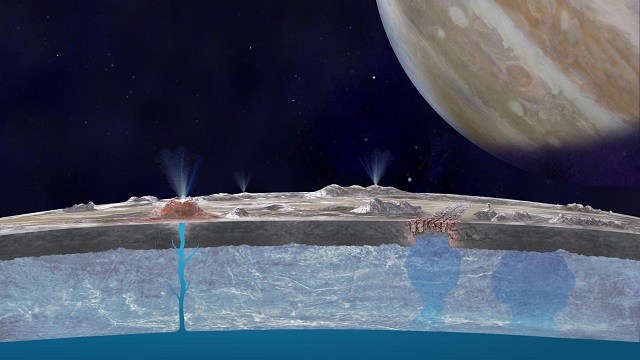Creating The Orbital Equivalent Of A Street Sweeper

What’s the Latest Development?
Texas A&M University engineers Danielle Mortari and Jonathan Missel have come up with a satellite design that cleans up orbiting space debris by capturing pieces and then slinging them into Earth’s atmosphere, where they burn up upon reentry. The TAMU Space Sweeper with Sling-Sat (4S) would be propelled by the momentum generated by both these actions, lowering fuel use and extending its operational life. The team says they plan to spend this year optimizing their design.
What’s the Big Idea?
The threat posed to satellites and spacecraft by the growing cloud of fast-moving debris is well known, but until now scientists haven’t been able to create solutions that are workable, cost-efficient, and use existing technology. One of the primary challenges in terms of cost has been the relative distance between pieces, which would require a decluttering craft to burn a lot of fuel in order to travel between them. Another challenge involves the ability to distinguish between legitimate junk and working equipment, which a passive capture system can’t do, at least not currently. Missel says the 4S makes a cleanup mission practical, which is important since “[w]e are at a point where the problem needs to be solved…not just avoided.”
Photo Credit: Shutterstock.com




